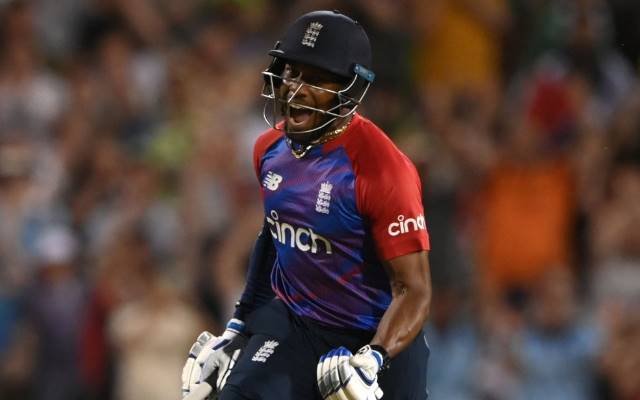3 selection puzzles that England need to solve during the South Africa T20I series
England have some serious thinking to do!
View : 1.3K
6 Min Read
2. How should they construct their fast bowling attack?

Ahead of this T20 series against South Africa, England have selected a batch of fast bowlers who all, despite failing to fall into the bracket of “elite” fast bowlers, provide valuable variety. However, these fine bowlers are still not as versatile as Jofra Archer, the mainstay of this attack, yet they bring monumental skill in ultra-specific roles to the table.
For example, Tom Curran and Chris Jordan are both fine exponents of the art of death bowling as a result of their metronomic command over subtle changes of pace and yorkers. However, their skills do not extend to the realms of the powerplay and middle overs and can be suspect to ineffectively in those respective phases.
England’s squad contains many more bowlers who, like Jordan and Curran, are outstanding in one phase, ordinary in the other. This immensely wide skill set distribution is tailor-made horses for courses selection policy. This policy entails selecting players depending on the match-ups, opponent, conditions and etc.
This strategy ensures that you can exploit flaws in the opposition with ease and you can select bowlers who have a high chance of being effective in certain conditions. This is mostly used in franchise cricket but England have the resources to use the horses for courses policy to great effect in international cricket.
The pitfall of this ideology is that it may disrupt the sense of continuity and consistency in the England side. If players are constantly in and out of the side, it is impossible to cultivate a playing style and it can cause the best-laid plans to become cluttered and hence wholly superfluous.
If you field a regular bowling attack, the group will begin to hunt in a pack and truly know each other’s weakness’s inside out. This is definitely what you want from your bowlers ahead of a T20 World Cup.
In the end, it will come down to whether England believe that data is more important than consistency when it comes to T20 selection. I think we will see glimpses of England’s answer to that query in this series.
Download Our App